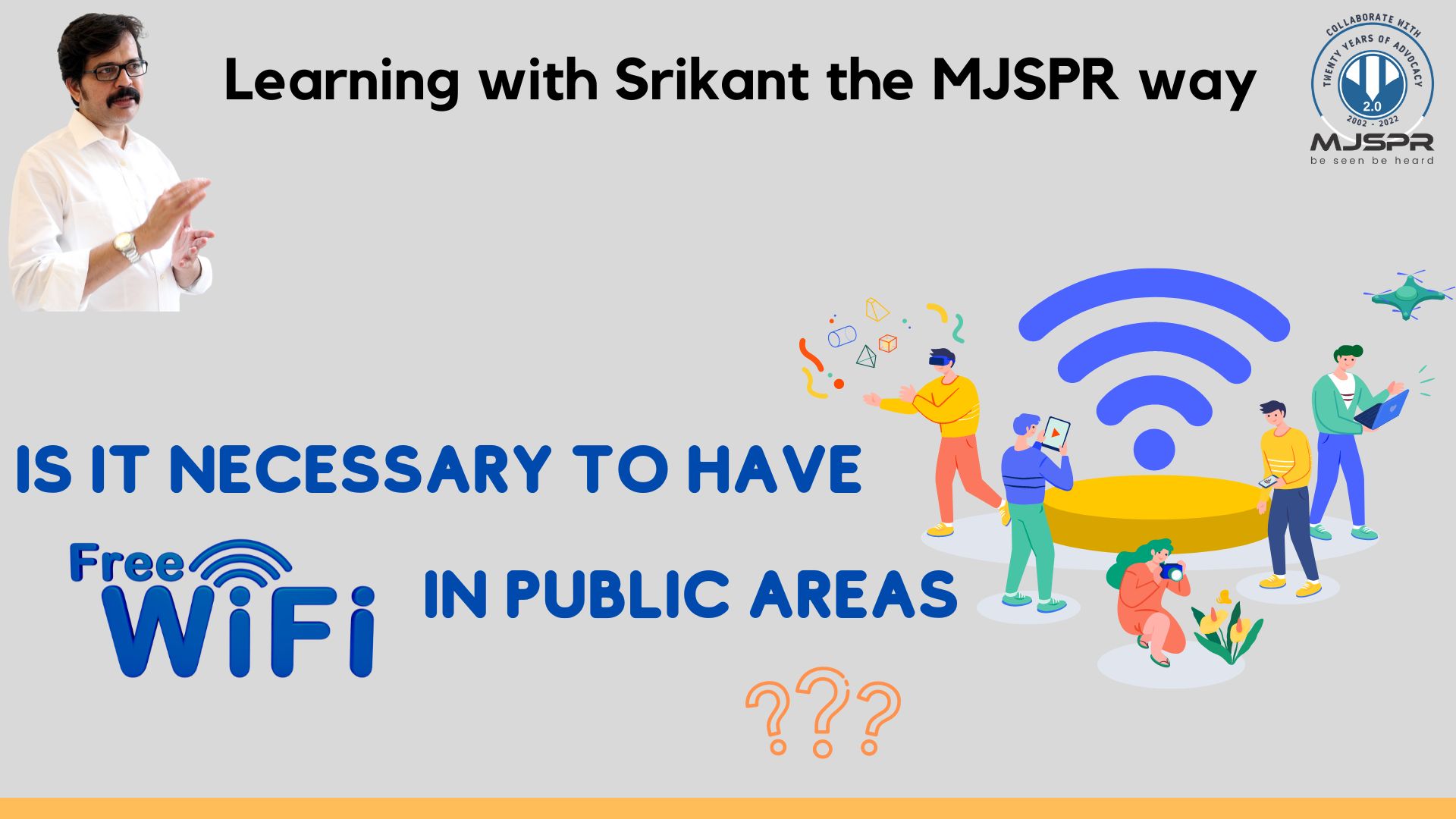As our lives become increasingly reliant on internet-connected devices, the need for public WiFi hotspots is greater than ever. Free WiFi is already a basic service in many countries and is now available in a wide range of public places, from coffee shops and libraries to parks and airports.
While public WiFi can be extremely convenient, there are also some potential risks and disadvantages that users should be aware of. On the plus side, free WiFi in public places can be a great way for businesses to attract customers and create goodwill. It can provide people with access to the internet who might not otherwise have it.
In contrary, public networks typically have less security and can easily be hacked due to their open nature. It is easy for hackers to collect personal and confidential information. In this blog, we will explore the pros and cons of using free WiFi in public spaces.
Benefits of free WiFi
There are several advantages to offering free WiFi in public places. Perhaps the most obvious is that it helps people get access to the internet. This can be especially beneficial for students who need to do research and for working professionals who need to stay connected for work.
It boosts the economy of the service providers with more traffic and more opportunities for companies and people to connect. It creates a greater sense of exclusivity in public spaces by promoting social interaction and community building.
Free WiFi is a great way to attract potential customers, increase customer perception of a business and make them more likely to stay for longer periods of time.
Drawbacks of free WiFi
There are also some potential drawbacks to offering free WiFi in public places. Free WiFi could lead to increased competition for limited bandwidth. When people congregate in the same place using the same network, speeds can slow down for everyone involved. This could have severe effects on the location’s intended use.
Another downside is that people would spend more screen time than their usual time when free WiFi is provided. Thus, a situation like this could make the problem worse. There is a threat for increased security risks, as public WiFi networks are often less secure than private ones. This can lead to all kinds of problems such as identity theft, data breaches, and other security risks.
Recently, many political parties used this offer as a hook to entice youth voters, but it is not a necessity. That money could be spent on much more vital things.
Solutions
Providing free WiFi at work places and fair-priced unlimited internet access at home can help people be more productive and make better use of their time and space. While they are outside, the phone data can be of assistance.
Employers can help their employees by paying for their phone plan for official purposes; which is for business use. Ultimately, while offering wireless network it is important to take steps to secure your network. Otherwise, you could be opening yourself up to security risks.






